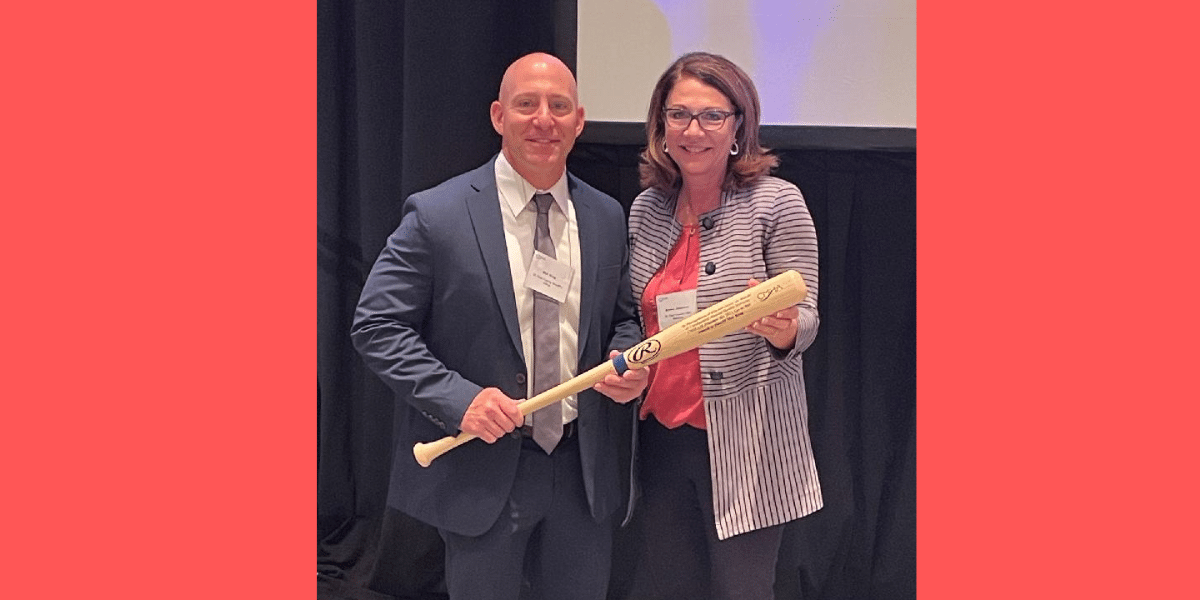Veterans Invited to Take a Cruise on the Huron Lady June 30th
St. Clair County veterans who would enjoy a relaxing boat ride on the Huron Lady should mark their calendars for June 30th. That’s the day that local veterans are invited to take an Appreciation Cruise on the St. Clair River with fellow vets.
The event is made possible by coordination between the St. Clair County Department of Veterans Affairs and the Community Foundation of St. Clair County.
Liz Sawielski with the St. Clair County Department of Veterans Affairs said that this is the first time that the Department has coordinated a cruise, although other community organizations have organized boat trips for veterans in the past.
Sawielski said that they wanted to offer a relaxing and enjoyable afternoon as a small way to say thank you for their service and sacrifice. She said, “Offering these types of activities helps veterans build camaraderie, have a sense of belonging, and feel connected to the Blue Water area veteran community.”
Sawielski said it’s a chance for fellow service members to connect and rebuild some community connections after a rough two years.
Limited spots available. Reserve yours now by calling 810-989-6945 ext. 2.
Reporting for WGRT – Jennie McClelland






